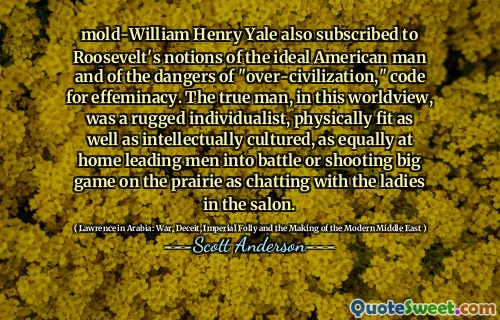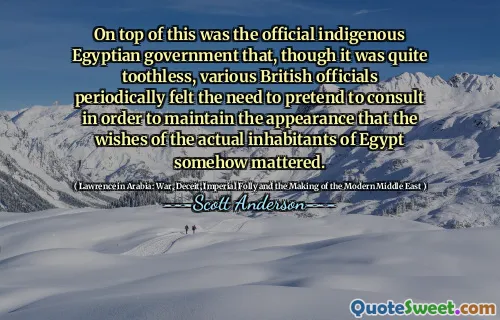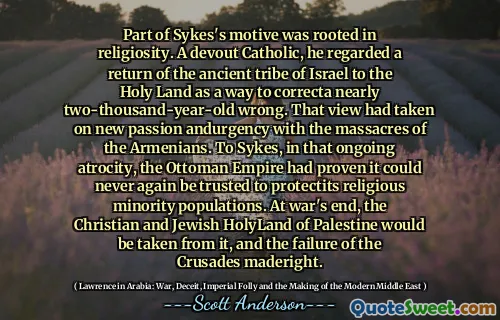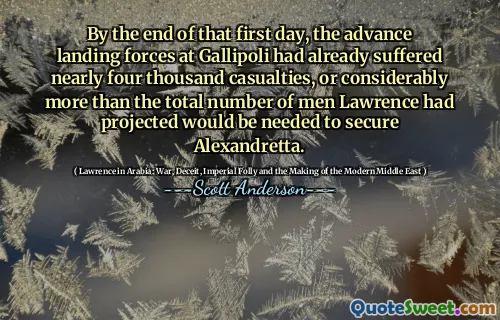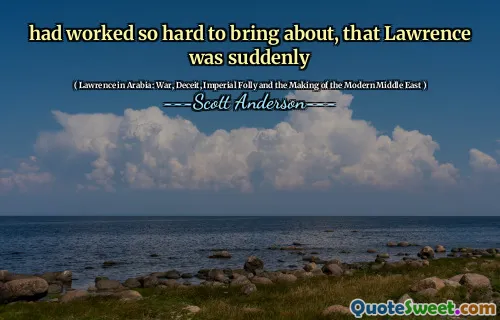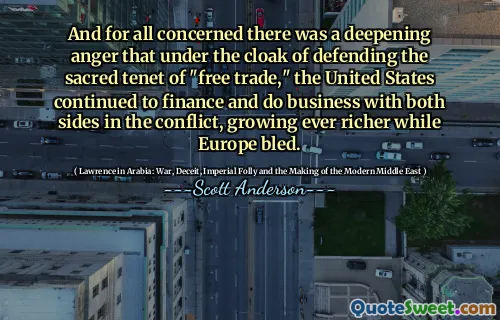
mold-William Henry Yale also subscribed to Roosevelt's notions of the ideal American man and of the dangers of "over-civilization," code for effeminacy. The true man, in this worldview, was a rugged individualist, physically fit as well as intellectually cultured, as equally at home leading men into battle or shooting big game on the prairie as chatting with the ladies in the salon.
William Henry Yale aligned with Theodore Roosevelt's vision of the archetypal American male, which emphasized ideals such as rugged individualism and physical fitness. In this perspective, men should embody strength and masculinity, resisting the perceived threats of "over-civilization," which was often associated with weakness and effeminacy. The ideal man was seen as capable in various pursuits, whether leading troops in conflict, hunting in the wild, or engaging in sophisticated discussions in social settings.
This characterization reflects a deeper societal belief in the importance of a balanced skill set for men, merging physical prowess with intellectual engagement. The notion underscores the cultural expectations of masculinity during that era, where men were valued not just for their fighting spirit but also for their social graces and ability to navigate diverse environments. This duality suggests a complex view of what it meant to be a man in early 20th-century America.
